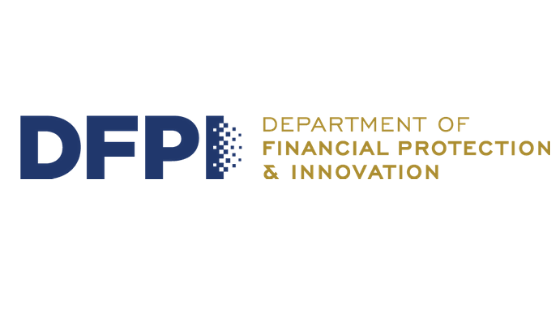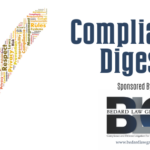The California Department of Financial Protection and Innovation yesterday announced three enforcement actions against different debt collection operations, for attempting to collect in the state without having or applying for a license and also making false or misleading representations when attempting to collect on a debt i n violation of the Fair Debt Collection Practices Act and the Rosenthal Fair Debt Collection Practices Act. The three agencies will pay combined fines of $85,000 and refrain from engaging in those activities in the future. It’s probably worth noting that the three enforcement actions reference only four specific interactions that the companies had with consumers in California.
Copies of the enforcement actions against Allen and Associates, BlackRock Legal Group, and RM Legal can be accessed by clicking here, here, and here.
Allen and Associates
The company allegedly called a consumer in California and attempted to collect on a debt from 2001 that the consumer purportedly settled with the creditor in 2007. The representative from the company falsely claimed that it had been assigned to collect on the debt and that a legal proceeding had been initiated — or was about to be — unless the debt was paid. The consumer called the company back and spoke with a different representative who informed the consumer that if the debt were not paid, the consumer would be sued. The second representative also failed to make a disclosure regarding the time-barred status of the debt.
The DFPI assessed a $30,000 fine and ordered the company to cease and desist from engaging in the unlawful behavior.
BlackRock Legal Group
The company sent a letter to a consumer in California that appeared official and threatening, according to the DFPI. The letter was titled “Notification of Lawsuit & Civil Complaint” and named the consumer as a “Defendant” while also threatening to contact the consumer’s family members and friends to call them as witnesses if the case went “to trial.” The letter was also CC’d to the U.S. District Court. If the consumer did not pay the debt or respond by the date mentioned in the letter, the company said its “intent is to immediately have you served a court summons,” which did not happen when the deadline passed.
The company also sent a different consumer text messages instructing the consumer to “pay an out of court settlement amount of $395.00” to avoid “a civil court judgment and a potential wage garnishment.” The messages were sent after a similar letter was sent to the consumer.
The DFPI assessed a fine of $25,000 and ordered the company to cease and desist from engaging in the unlawful behavior.
RM Legal
The consumer received a call from an alleged process server who informed the consumer that a lawsuit had been filed for a delinquent debt and that the suit may be avoided if the debt was repaid. The process server did not provide any additional information about the lawsuit, but told the consumer to call “legal” to resolve the issue. The consumer called the company and was told the debt was associated with a Navy FCU account and that a payment needed to be made. The consumer vaguely recalled having a consumer loan with Navy FCU and agreed to a settlement plan. The consumer believed the person on the other end of the phone was an attorney and the settlement agreement had a picture of a blindfolded Lady Justice on it. The consumer made the payment and then realized the debt was likely time-barred so he called the company and demanded his money, which was returned to him.
The DFPI assessed a fine of $30,000 and ordered the company to cease and desist from engaging in the unlawful behavior.









